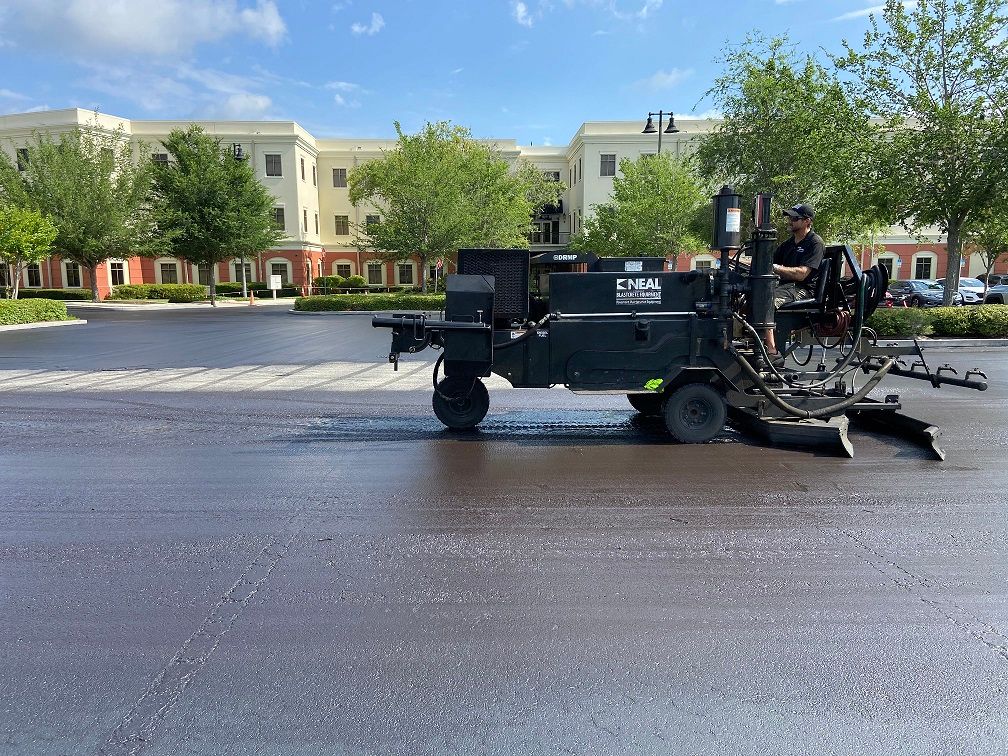

When it comes to paving, we often hear the terms "asphalt" and "blacktop" used interchangeably. These two materials are commonly used for driveways, parking lots, and roadways, but what exactly is the difference between them? As a customer or consumer, it's important to be informed so you can make the best decision for your paving needs. In this blog post, we'll be exploring the differences between asphalt and blacktop, and how they can impact your project.
Both asphalt and blacktop are made up of a mixture of aggregate and binder. The aggregate can be gravel, sand, or crushed stone. The binder is a sticky, black, tar-like substance that holds the aggregate together. The main difference between the two is the type of binder used. Asphalt is made with a petroleum-based binder, while blacktop uses a bitumen-based binder. The use of different binders impacts the durability and performance of the materials.
Another difference between asphalt and blacktop is appearance. Blacktop has a darker color, which can make it more visually appealing. Asphalt, on the other hand, is typically lighter or gray in color. While appearance may not impact the performance of the materials, it is worth considering if you want a specifically aesthetic look for your pavement.
When it comes to cost, asphalt is typically more expensive than blacktop. This is largely due to the binder used in the mix. Petroleum-based binders are more expensive than bitumen-based ones. However, the higher cost of asphalt may be worth it in the long run, as it is generally more durable and requires less maintenance than blacktop.
Speaking of durability, asphalt is known to be a longer-lasting material than blacktop. The petroleum-based binder used in asphalt is stronger and more resistant to wear and tear. Asphalt is also more resistant to being damaged by extreme temperatures, making it a great choice for areas with harsh weather conditions. While blacktop can certainly hold up for many years with proper maintenance, it may need more frequent repairs than asphalt.
Both asphalt and blacktop require some level of maintenance over time. However, the maintenance required for asphalt is generally less frequent and less intensive than that for blacktop. Asphalt is less porous than blacktop, meaning it is less susceptible to water damage and cracking. This means fewer repairs are needed overall. Blacktop, on the other hand, may need to be sealed more frequently to prevent water damage and cracking.
In conclusion, the difference between asphalt and blacktop mainly comes down to the binder used in the mix. Asphalt is made with a petroleum-based binder, while blacktop uses a bitumen-based binder. The differences in composition and cost can impact the performance and appearance of the materials. Ultimately, choosing between the two depends on your specific needs and preferences. If you're looking for a paving company in Sanford, FL, contact Florida Sealcoating today for a free estimate. Our team of professionals can help you decide which material is best for your project.
Get a free, no-obligation estimate for your asphalt project. Our team is ready to help protect and enhance your property.
(407) 942-3681